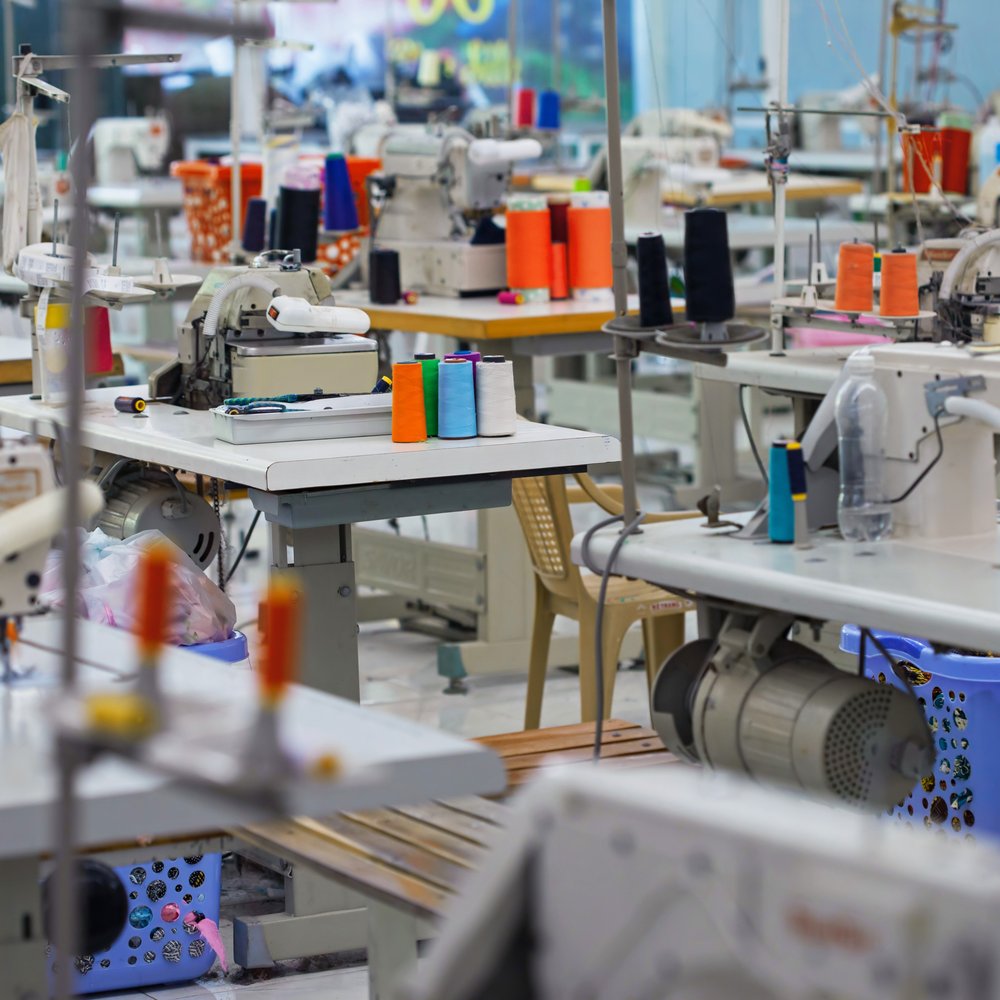Myanmar: Workers at Mai Yi Bei Garment Manufacturing Co allege wage theft, poor sanitation and safety and illegal use of underage workers
Résumé
Date indiquée: 31 Oct 2024
Lieu: Birmanie
Entreprises
Maiyibei (Yangon) Garment Manufacturing - Supplier , LPP Spółka Akcyjna - Buyer , Original Marines - Buyer , Alcott - Buyer , Hang Ten - Buyer , Sinsay (part of LPP S.A.) - BuyerConcerné
Nombre total de personnes concernées: 1200
Travailleurs: ( 1200 - Lieu inconnu , Vêtements et textile , Gender not reported )Enjeux
Salaire impayé , Travail des enfants , Santé et sécurité au travailRéponse
Réponse demandée : Oui, par BHRRC
Affaire contenant la réponse: (En savoir plus)
Mesures prises: Maiyibei (Yangon) Garment Manufacturing allegedly supplies to Alcott, Hang Ten, LPP (for Sinsay) and Original Marines; LPP provided a response to a request for comment from the Resource Centre. Alcott, Hang Ten and Original Marines did not.
Type de source: News outlet

Shutterstock (purchased)
"Mai Yi Bei Garment Says It Won't Pay Workers Back for Late Holidays"
The Mai Yi Bei Garment Manufacturing Co,.Ltd garment factory in Shwe Lin Baan Industrial Zone is saying that its employees who returned home after the holiday were told by their employer that they were not paid for the holiday because they returned to work one day late.
[...]
The daily wage, including the allowance, is 7,800 baht per day, and the hourly wage for overtime is 1,500 baht. The factory ... is located in Shwe Lin Baan Industrial Zone, Hlaing Tharyar Township, Yangon, and employs more than 1,200 workers.
The workers said that the factory did not give them the holidays required by the Labor Law and that they were forced to work up to 40 pieces of cloth per hour. The workers said that the factory workers were forced to work overtime on Sundays, on weekends, and on weekends without pay, even though they did not meet the standard.
Many underage workers are also forced to work on an equal basis with adult workers without medical certificates. When labor inspection teams and trademark representatives visit the factory, the factory workers are told to stop working.
[...]
[Translation via Google Translate]